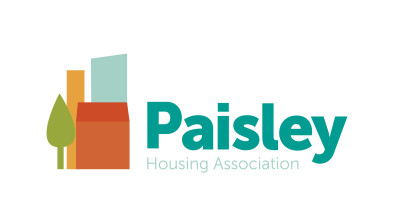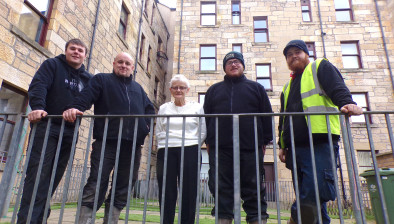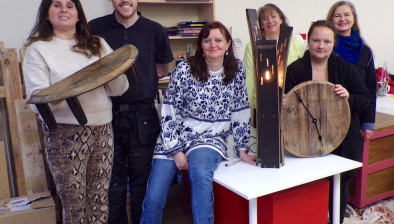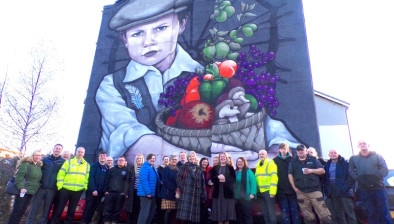Housing providers shine spotlight on work to help communities overcome pandemic
The huge scale of the effort by six housing associations to deliver pandemic relief to their communities has been highlighted in a new report.
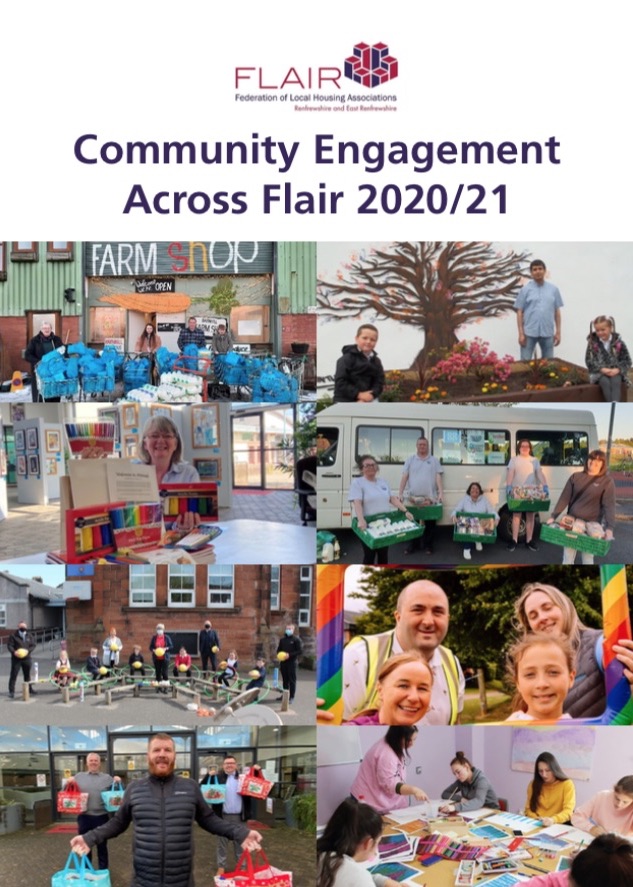
The six – five of which are in Renfrewshire and one in East Renfrewshire - swung into action with financial support to help relieve the unprecedented chaos of the health emergency affecting tenants and the communities they serve.
The Federation of Local Housing Associations (FLAIR) consists of Bridgewater, Ferguslie Park, Williamsburgh, Paisley, Linstone and Barrhead housing associations. It has been on the go for 32 years.
Now they have produced their ‘Community Engagement Across Flair’ annual report setting out exactly what they did to offer a helping hand during the many difficult months of the pandemic.
In a series of eye-catching examples of their inspirational work, they demonstrated the crucial role housing associations have in their communities and the difference they can make.
The work all six did at the height of the pandemic included:
- At Barrhead Housing Association, working with Citizens Advice Bureau East Renfrewshire Energy Partnership, £19,269 was distributed to 257 residents struggling with fuel costs or fuel debt. The Association distributed a total of £104,750 from the Scottish Government’s Supporting Communities Fund. Barrhead even helped pay for school 128 school uniforms for families in need.
- At Erskine-based Bridgewater, a link-up with Renfrewshire organisation Renfrewshire Association for Mental Health (RAMH) provided support to tenants enhancing its existing welfare right service. Tenants were able to access over £156,000 in additional income or benefits plus a further £155,000 due to the link-up with RAMH. Bridgewater worked closely with other organisations including Community Action for Erskine (CAE) and provided financial support for their emergency food distribution.
- Ferguslie Park and its charitable subsidiary the Tannahill Centre accessed a remarkable £408,799 in funding and worked with local volunteers to support the most vulnerable in their community. Examples include 21,374 doorstep deliveries of food, 18,511 meals prepared at the Tannahill Centre while 72 digital devices were distributed to help kids with home schooling during lockdown.
- Linstone set up its Linstone Response group and distributed £300,000 of Scottish Government funding. Of that sum 38 local charities were helped, 25% of the funding helped emergency food support, £50,000 helped set up organisations’ own emergency response groups which in turn helped with phone and energy top ups and tablet devices for home schooling. During the emergency, Linstone spoke to 1800 households and obtained support for 193 kids.
- Paisley Housing Association provided £36,000 of emergency assistance ranging from help paying energy bills, supermarket vouchers and mobile phone tops ups. Around £15,000 was allocated to a Christmas hardship fund for 250 vulnerable households while £6000 was allocated to an Easter Holiday Fund – which included delivering kids’ activity boxes to families. The welfare benefits service provided significant support to tenants with 360 of them helped on 800 issues with £1.3 million being obtained including £200,000 in backdated benefits
- Williamsburgh secured “crisis grants” for tenants totalling £3,440 along with school clothing grants totalling £900. Williamsburgh provided £17,708 to its most vulnerable tenants to help pay fuel bills while 30 Warm Home Discount payments were obtained totalling £4,000. Digital devices, children’s activity packs and emergency food parcels were also provided. Williamsburgh Primary School was provided with sports equipment totalling £1000.
A spokesperson for FLAIR said the help and support was a “powerful reminder of the deep roots each housing association had grown in their communities”.
He said: “The FLAIR group of housing associations are proud of the efforts we made during the pandemic – an emergency which literally turned people’s lives upside down. Job losses, furlough and mental wellbeing all provided huge challenges for families – particularly those who are vulnerable, on low incomes, the isolated and the elderly. We feel very privileged to have been able to help at a time of crisis for so many people.”






